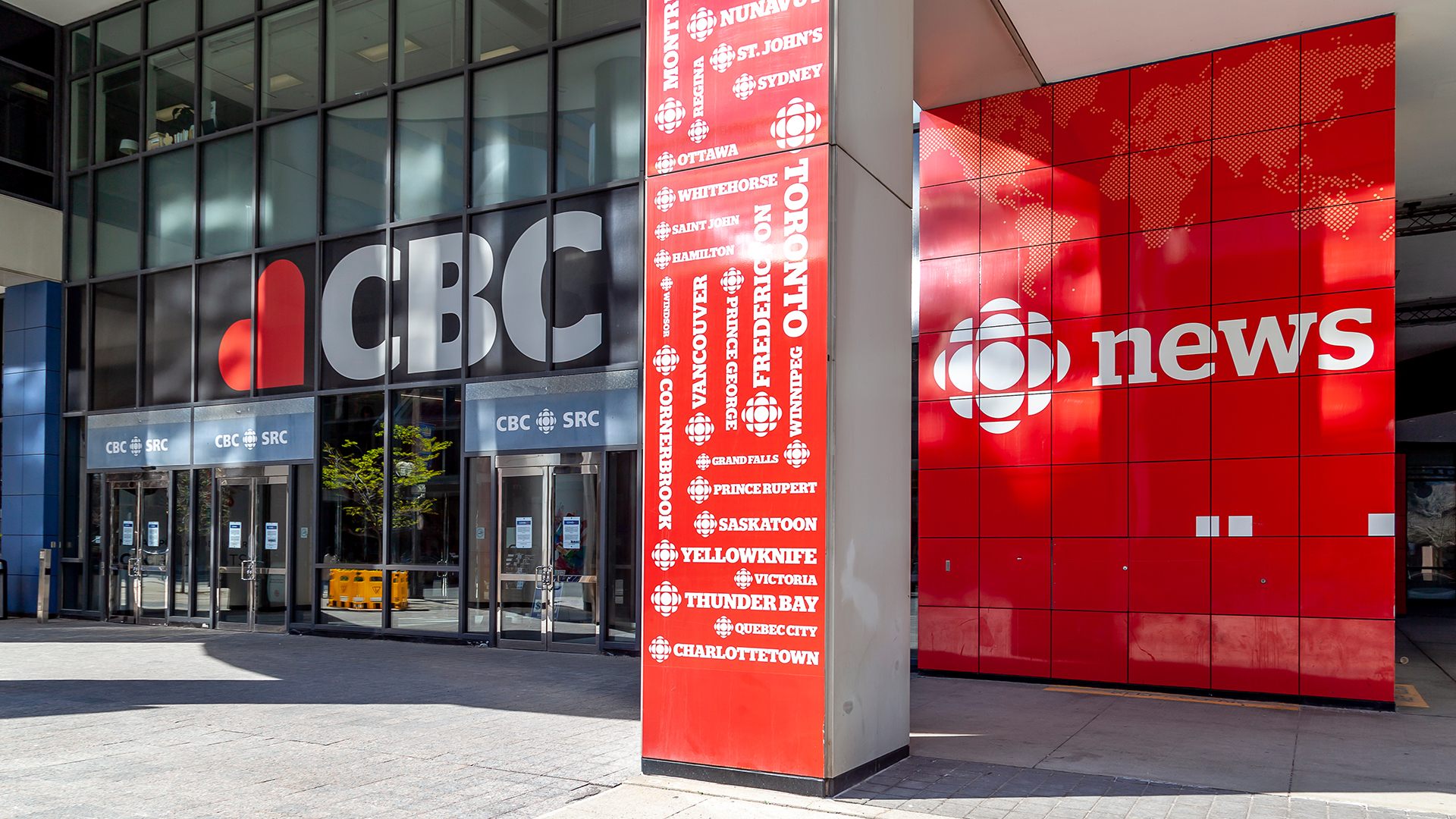In the August issue of Policy Options, Dr. Conrad Winn claimed that CBC television news is biased in favour of the left. It is imperative that we discuss this alleged bias because the media, and CBC in particular, play an increasingly important role in the Canadian political debate. The claim was based on the results of a recent COMPAS survey (see www.compas.ca for the complete report). Among other issues, the study investigated the relationship between the probability of viewing a given network (e.g., CBC, CTV) and self-described political affiliation: left-wingers, right-wingers, and in the middle of the political spectrum. Regarding CBC, it was found that the left-wingers were 1.3 times as likely as self-labelled right-wingers to choose CBC television: 44 percent vs. 34 percent. At first approximation, this result seems to confirm the biased left-wing nature of CBC. Yet, it is unclear whether this conclusion is warranted.
In fact, to reach such a conclusion one would need to know what is the representation of political views among the population. In other words, if there were more left-wingers than right-wingers in the country, then CBC would merely be representing the distribution of political affiliations in the population. No bias would be present. Additionally, if one were to use the same approach (i.e., of self-described political affiliation of viewers) to CTV, then this private network, which is the main competitor of CBC, would appear even more biased than CBC, albeit in the opposite direction. Indeed, according to the COMPAS report, right-wingers were 2.3 times as likely as self-labelled left-wingers to choose CTV television: 21 percent vs. 9 percent. This result suggests an alternative explanation to the one advanced by Winn. Perhaps left-wingers watch CBC more often than right-wingers because of a lack of alternatives. It is well possible that right-wingers do not watch CBC as much because there are alternative networks whose positions are closer to theirs (e.g., CTV), whereas left-wingers watch more CBC because no alternative exists. Again, if the latter explanation were true, there would be no left bias by CBC.
A second result of the survey also deserves attention. As noted by Dr. Winn, the results showed that Canadians valued the quality of CBC’s news program but apparently judged the network as being less objective than the other networks. This result is quite puzzling and presumably due to the lack of opportunity for the respondents to qualify what they meant by quality. From the report, it would appear that the respondents were given the option to choose between either quality or objectivity as a qualifying characteristic of the network. Now, it is reasonable to assume that the quality of a news segment is multi-dimensional. That is, quality includes dimensions such as the issues debated, the depth of analysis, as well as the presence of different perspectives (i.e., opinions) on the issue. The latter dimension is clearly related to objectivity. Therefore, it is possible that when the respondents indicated they appreciated the quality of CBC’s news, they included CBC’s objectivity in their judgement. If they had chosen only the objectivity option, their appreciation of all other dimensions of quality would have been lost in the response.
In Winn’s observation, lack of objectivity is also seen in the fact that CBC provides undue coverage to such events as demonstration against globalization. However, one can also make the opposite claim. That is, by not covering an event one equally lacks objectivity. In fact, one can claim that it is in the mandate of a public TV network to report dissenting opinions even when they might be those of a minority.
Based on this presumed CBC bias, it’s been argued that the network be prevented from collecting taxpayers money through annual budgets. The proposal is to restructure CBC along the lines of PBS in the United States, which is funded by viewers and corporate sponsorship. Undoubtedly, this would decrease the influence of CBC and leave the open field to private networks. This option would significantly change the Canadian media environment, possibly introducing a real bias. Perhaps the appropriate way of addressing any presumed or real bias of CBC is to provide the network with stable, long-term financial resources which are not subject to the whims of any political elite that happen to be in power.
In summary, the COMPAS report is important, for it provides a better understanding of the status of the media in Canada. However, its results should not be considered conclusive. More longitudinal research on the biased nature of the Canadian media, private and public, is in order.










